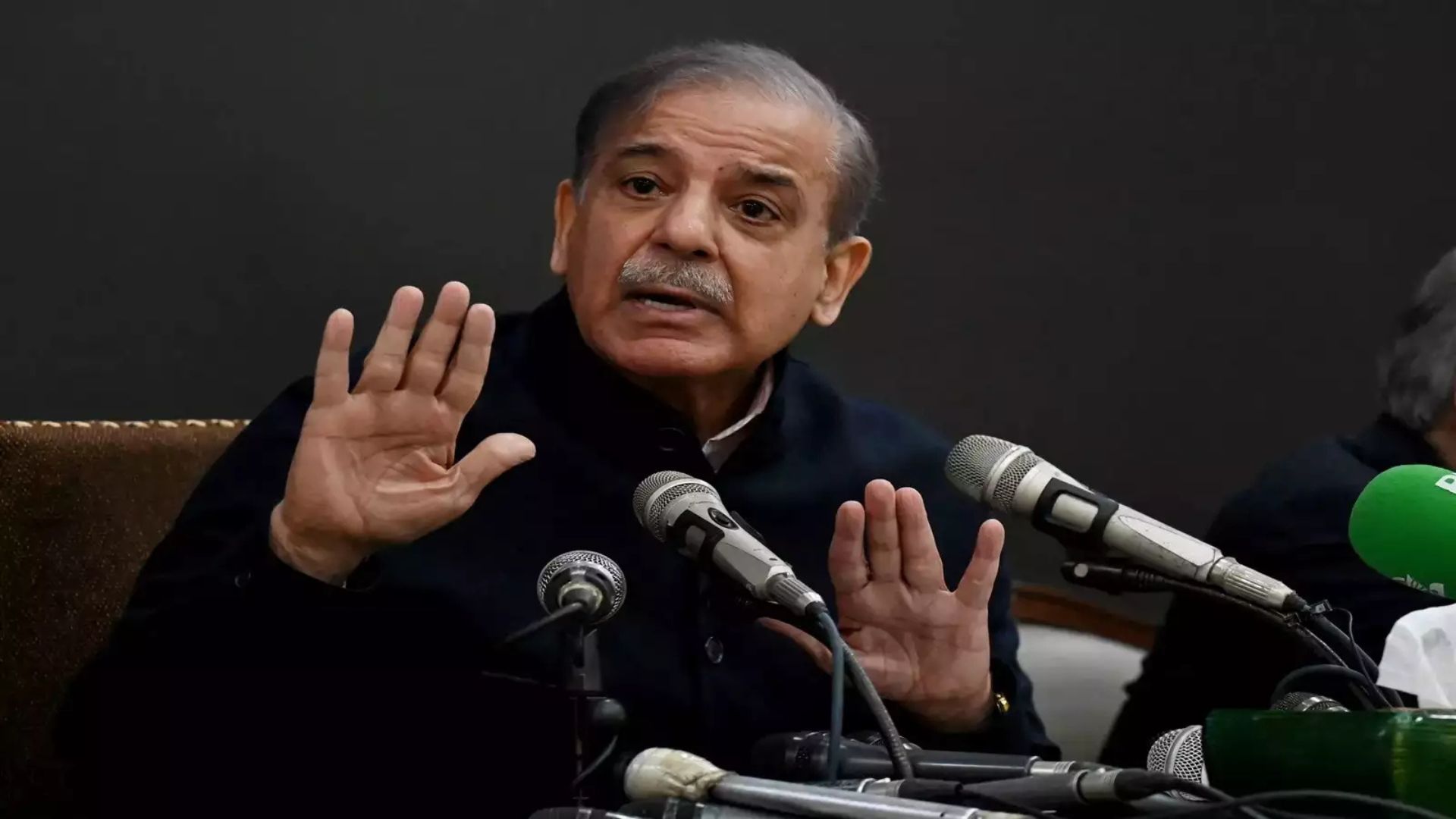The Shehbaz Sharif-led government is reviewing a set of civil service reforms initially developed under Imran Khan’s Pakistan Tehreek-e-Insaf (PTI) government but remained largely unimplemented. The reform plan, created by the PTI’s Task Force on Civil Service Reform, was the result of consultations with over 3,000 participants across 68 sessions, aiming to modernize Pakistan’s bureaucracy through structural, procedural, and incentive-driven changes, according to The News International.
The Task Force, led by Ishrat Husain, proposed significant changes, including reforms to the Central Superior Services (CSS) examination. Key recommendations included the introduction of a preliminary screening test, domain-specific cluster exams, psychometric evaluations, structured interviews, and greater automation. Despite these suggestions, the PTI government did not implement the proposed overhaul of the CSS framework.
The Task Force also called for improved training programs, dividing mid-career and senior management courses into general management and specialized training. While some training changes were enacted, other major proposals, such as reorganizing specialized training institutions and making training mandatory for all civil servants, were left unaddressed.
Regarding performance management, the Task Force suggested replacing the subjective Annual Confidential Report (ACR) system with an objective Performance Evaluation Report (PER), incorporating key performance indicators (KPIs). While performance agreements were introduced between the Prime Minister and ministers, the new evaluation system for civil servants was not widely adopted, despite the development of proformas.
Another major reform under PTI, but later reversed by the Pakistan Democratic Movement (PDM), was the mandatory retirement of underperforming officials after 20 years of service. Although upheld by the High Court, the PDM government reinstated the previous system.
The Task Force also recommended monetizing perks such as housing and transport for senior officers and linking annual salary increments to individual performance. These proposals were not implemented under PTI.
The Task Force’s recommendation to recruit technical experts and advisers through a competitive process was partially implemented, with limited appointments, including an IT secretary hired from the private sector. The PTI government, following the Task Force’s advice, conducted merit-based selection for CEOs and MDs of 62 public sector organizations, resulting in 16 expatriate Pakistanis appointed to various positions, yielding positive outcomes.
Also Read: Pakistan PM Shehbaz Sharif Opens SCO Summit 2024, Emphasizing Trade, Terrorism, and Security
For pension reform, the Task Force recommended transitioning to a defined contribution plan for new entrants, which has since been implemented by the current government. Additionally, the Task Force proposed requiring public servants in Grade 19 to pass a public service examination before advancing to higher grades. This proposal, however, was not approved during PTI’s tenure.
As the current government revisits these proposals, there remains an opportunity to implement the transformative civil service changes originally envisioned but left unfinished.







